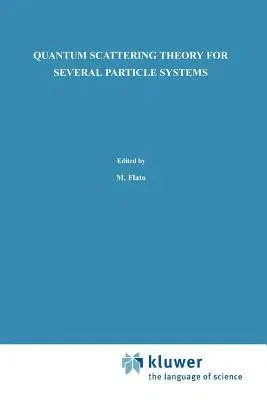The last decade witnessed an increasing interest of mathematicians in
prob- lems originated in mathematical physics. As a result of this
effort, the scope of traditional mathematical physics changed
considerably. New problems es- pecially those connected with quantum
physics make use of new ideas and methods. Together with classical and
functional analysis, methods from dif- ferential geometry and Lie
algebras, the theory of group representation, and even topology and
algebraic geometry became efficient tools of mathematical physics. On
the other hand, the problems tackled in mathematical physics helped to
formulate new, purely mathematical, theorems. This important development
must obviously influence the contemporary mathematical literature,
especially the review articles and monographs. A considerable number of
books and articles appeared, reflecting to some extend this trend. In
our view, however, an adequate language and appropriate methodology has
not been developed yet. Nowadays, the current literature includes either
mathematical monographs occasionally using physical terms, or books on
theoretical physics focused on the mathematical apparatus. We hold the
opinion that the traditional mathematical language of lem- mas and
theorems is not appropriate for the contemporary writing on mathe-
matical physics. In such literature, in contrast to the standard
approaches of theoretical physics, the mathematical ideology must be
utmost emphasized and the reference to physical ideas must be supported
by appropriate mathe- matical statements. Of special importance are the
results and methods that have been developed in this way for the first
time.


